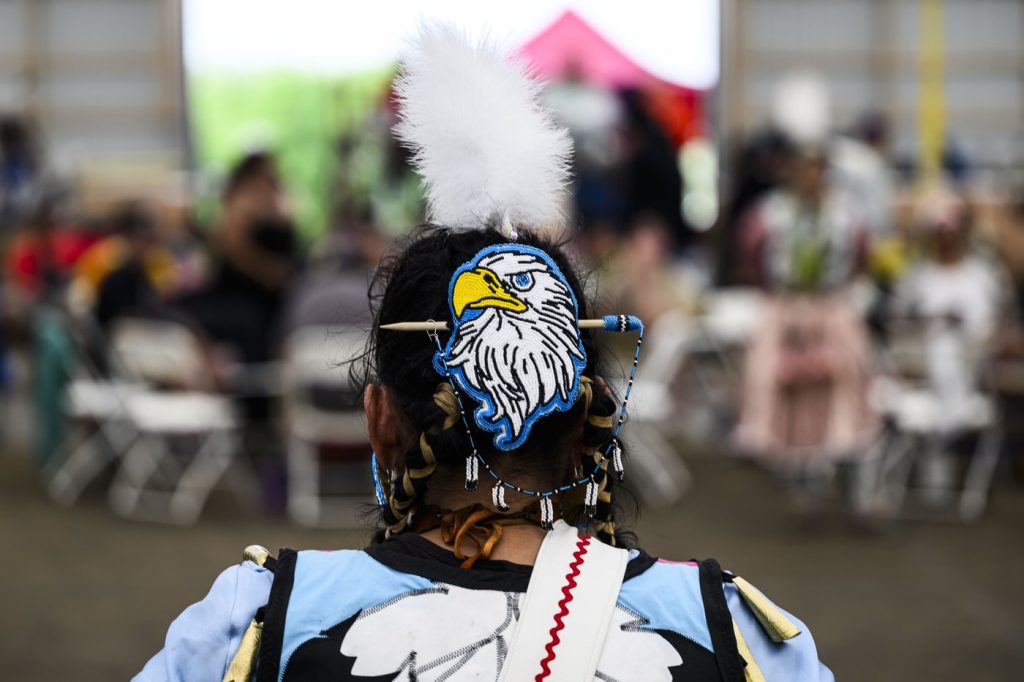OTTAWA – A recent poll conducted by Leger reveals that most Canadians believe the country is making significant progress in reconciling with Indigenous Peoples. Jack Jedwab, president and CEO of the Association for Canadian Studies, which commissioned the survey, noted that public perception of reconciliation has a substantial impact on how Canadians view their country.
The survey, which included 1,580 respondents and took place between June 20 and 22, did not provide a margin of error, as online polls cannot be considered true random samples. Out of the respondents, 47 self-identified as Indigenous. Jedwab cautioned that the small size of this group and the absence of regional data necessitate a careful interpretation of the poll results.
Despite these limitations, the poll gives insight into Canadian perspectives ten years after the Truth and Reconciliation Commission released its final report. According to Jedwab, while various attempts to measure reconciliation have focused on assessing the fulfillment of specific calls to action from the Commission's report, this survey reflects Canadians' feelings about the progress being made.
Fifty-five percent of respondents expressed belief in Canada's progress toward reconciliation, with notable variation among age groups; only 40 percent of those aged 18 to 24 acknowledged progress, while an impressive 67 percent of respondents aged 65 and older reported the same. Jedwab expressed surprise at these results, considering the numerous unresolved issues in the Crown-Indigenous relationship.
The survey results indicate that there are foundational elements to build upon regarding reconciliation and public sentiment about the country. Additionally, respondents were asked about trust among Canadians, with an overwhelming majority indicating a sense of trust. Interestingly, those aged 18 to 24 showed the highest level of trust at 77 percent, contrasted with only 52 percent trust among those aged 35 to 44.
When it comes to trust in Indigenous Peoples, approximately 60 percent of non-Indigenous respondents reported trusting them. The highest levels of reported trust were in Nova Scotia (71 percent) and Ontario (64.3 percent), while the lowest were in Saskatchewan (38.3 percent), Prince Edward Island (43.8 percent), and Manitoba (44.8 percent).
The survey findings also suggest that pride in Canada’s history correlates positively with the belief in progress toward reconciliation; 68 percent of those who expressed pride in Canada's history reported progress, while only 39.3 percent of respondents lacking pride felt the same way. Notably, pride in Canada's history varies significantly by age; 36 percent of younger respondents aged 18 to 24 felt pride, compared to 78 percent of those aged 65 and older.
Furthermore, Francophone youth exhibited a higher level of pride in Canada's history (59 percent) compared to their anglophone counterparts (35 percent). This finding surprised Jedwab given the ongoing separatist sentiments in Quebec. He also noted that the small sample size of Indigenous respondents means their expressions of pride should not be taken at face value, underscoring the need for more targeted research to gain a clearer understanding of Indigenous perspectives.
Jedwab concluded that more comprehensive research is needed to explore the diversity of views among Indigenous Peoples regarding progress in reconciliation and public sentiment toward Canadian history. He emphasized the importance of understanding the current state of relationships and how to advance together moving forward, acknowledging the ongoing complexities in this area.
The Canadian Research Insights Council, which oversees the polling industry, confirms that online surveys cannot be assigned a margin of error due to their non-random sampling methods.











